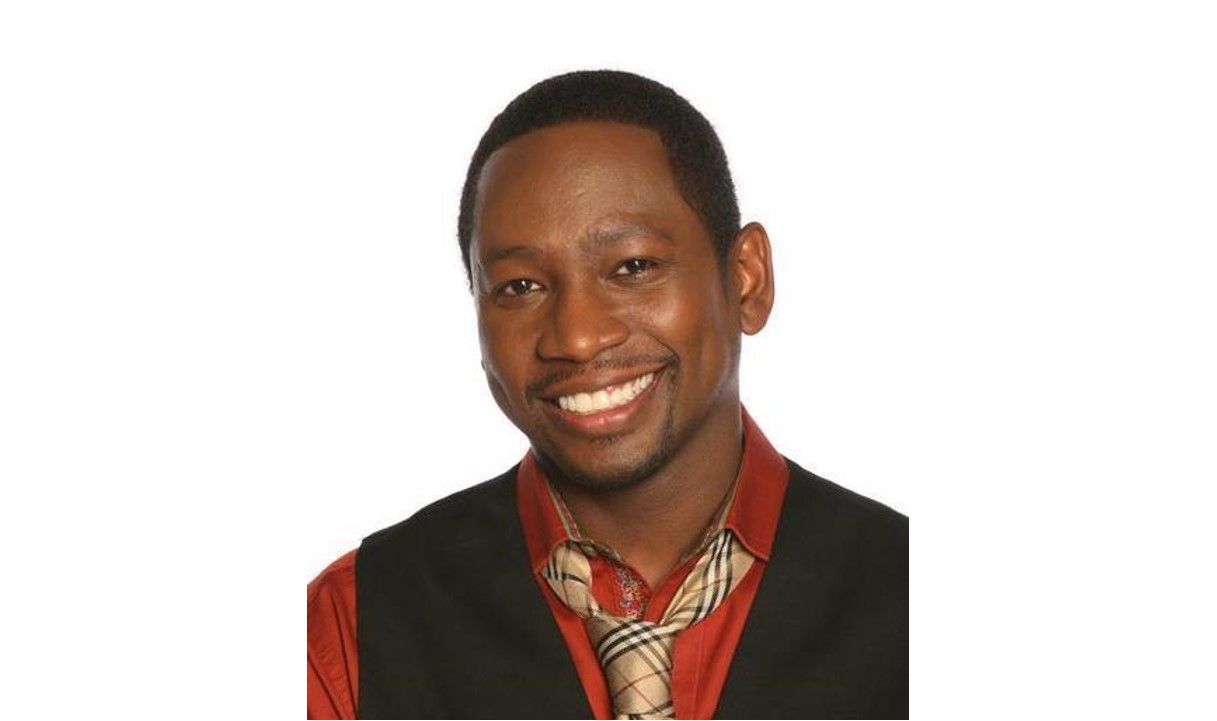Since the discovery of legendary urban comedian, Robin Harris and the Comedy Act Theater in 1988, the suits of Hollywood had been going down to the hood to find up & coming black comedians. The 1992 L. A. Riots changed all that. Once flickering flames dotted the landscape and smoke billowed through the skies south of Wilshire, those same suits decided that if talent wanted to be seen they better come up to Hollywood like in the old days. Better safe than have your head bashed in like Reginald Denny.
A shutdown of career opportunities bothered Guy Torry. He had just recently gotten into the West Coast swing of comedy, following in the footsteps of older brother, Joe, not to have it snatched away by something as mundane as civil unrest. Though he himself was making inroads and getting work he didn’t want to see anybody short changed. He had an idea to bring the hood to Hollywood. So without any business, management or room running experience, Guy Torry approached the management of the Comedy Store and asked for a black night; an evening to expose the now underserved segment of talent Hollywood still wanted to see. They agreed and in 1995 Phat Tuesday was born.
The birth took place in the cramped quarters known as the Belly Room. Guy was taking over from another comedian, Dante, who’d had achieved moderate success in the upstairs 90 seater doing a mainstream show, but had supposedly seen that room run its course. Guy came in doing a black show and his 4 week trial run turned into a decade long marathon. After 9 months the crowds had blown up to Main Room capacity (400 seats) and Torry got a once a month- first Tuesday of the month shot on the big floor. In no time he had that platform every week and his night was the place to be.
Phat Tuesday not only brought out the industry with their entourages looking for fresh comedy meat, but all the other meat in town as well. There were working girls and hustling guys, wanna be’s and never trieds. The room was always packed with celebrities, athletes, models, porn stars, politicians and regular old folks. The Comedy Store couldn’t have been happier. Why not? They were making money by the buckets (with raised liquor prices and increased entry fees over the other mainstream nights).
The audience was also getting riches; that’s because Guy was a task master when it came to the talent. He knew the tradition of the Comedy Store and its history. Guy knew the club was once Ciro’s, the hottest night club in Hollywood in the 50s and 60s and the place Sammy Davis Jr. was discovered by the mainstream. He knew all the other top shelf icons who had graced that hallowed stage throughout the years and he was intent on living up to that legacy. Guy took this historic opportunity seriously and he was determined to have the comedians take it just as seriously. There was no B Game at Phat Tuesday. If you didn’t bring your A-Game Guy would never let you play there again. Nothing personal.
Phat Tuesday was the place deals were made. The eager, yet trying to be blasé L. A. audience, were treated to the best black comedy had to offer. The comics who were what the industry were looking for got that look and that movie, TV or touring deal. Of course comedians became more cut throat than usual when they knew bigshots were in the house and Guy would get hit up with requests for guest spots. That wasn’t the way he ran Phat Tuesday. The crowd got the comedians that were booked. Guy knew how he wanted his shows to flow. It wasn’t about favors, bribes or the offering of coochie. If you weren’t on the list or weren’t funny enough to be on the list you could keep your little coochie. Guy was about the integrity of his night.
Guy was also a host who got his look. The renamed Phat Tuesday (The Guy Torry Comedy Show) afforded him a weekly showcase and Hollywood took notice. Guy appeared in sitcoms, films and toured with the Original Kings of Comedy (on their first leg as the host before D. L. Hughley came aboard). He produced live specials for Magic Johnson, Martin Lawrence, The L. A. Clippers and others and had a reputation for excellence. So with the vast career opportunities and the increasing demands of running a successful show, Guy Torry said good-bye to the biggest night in comedy history in the year 2005. He passed the torch then sat back and watched the phenomenon he created continue to shine; though without quite the amber hot glow he brought to it.
By Darryl “D’Militant” Littleton


